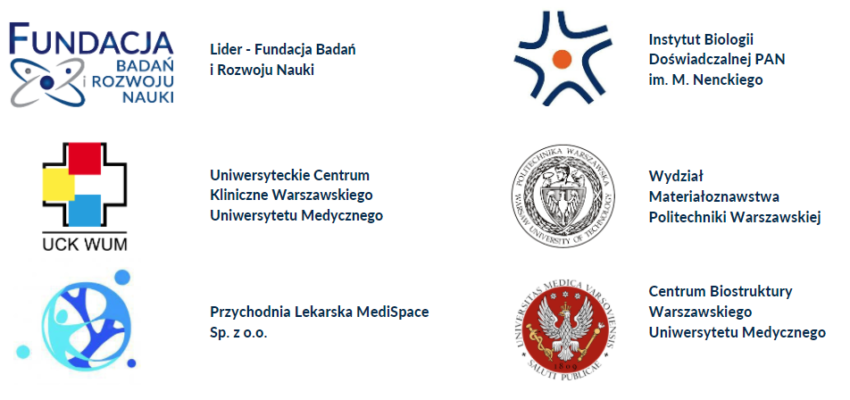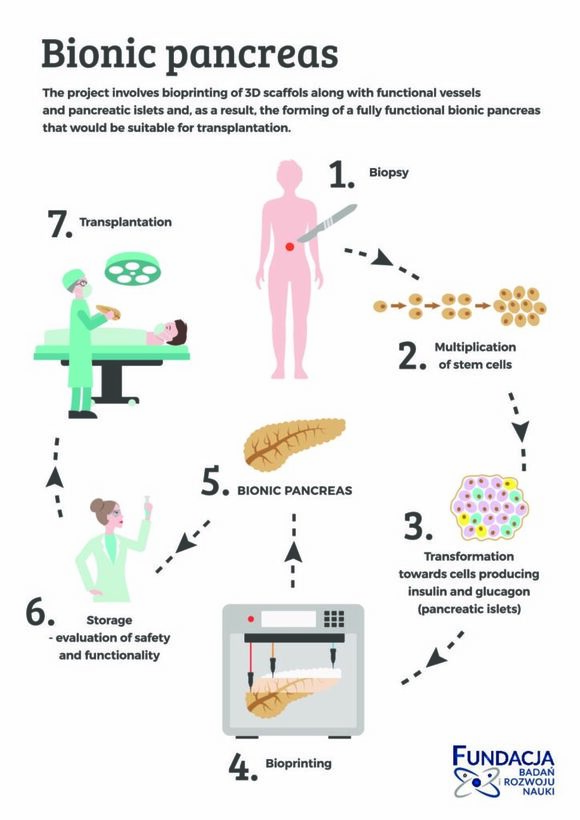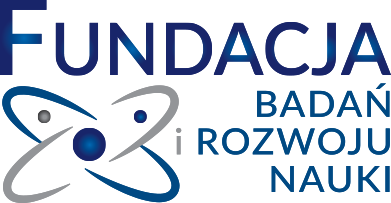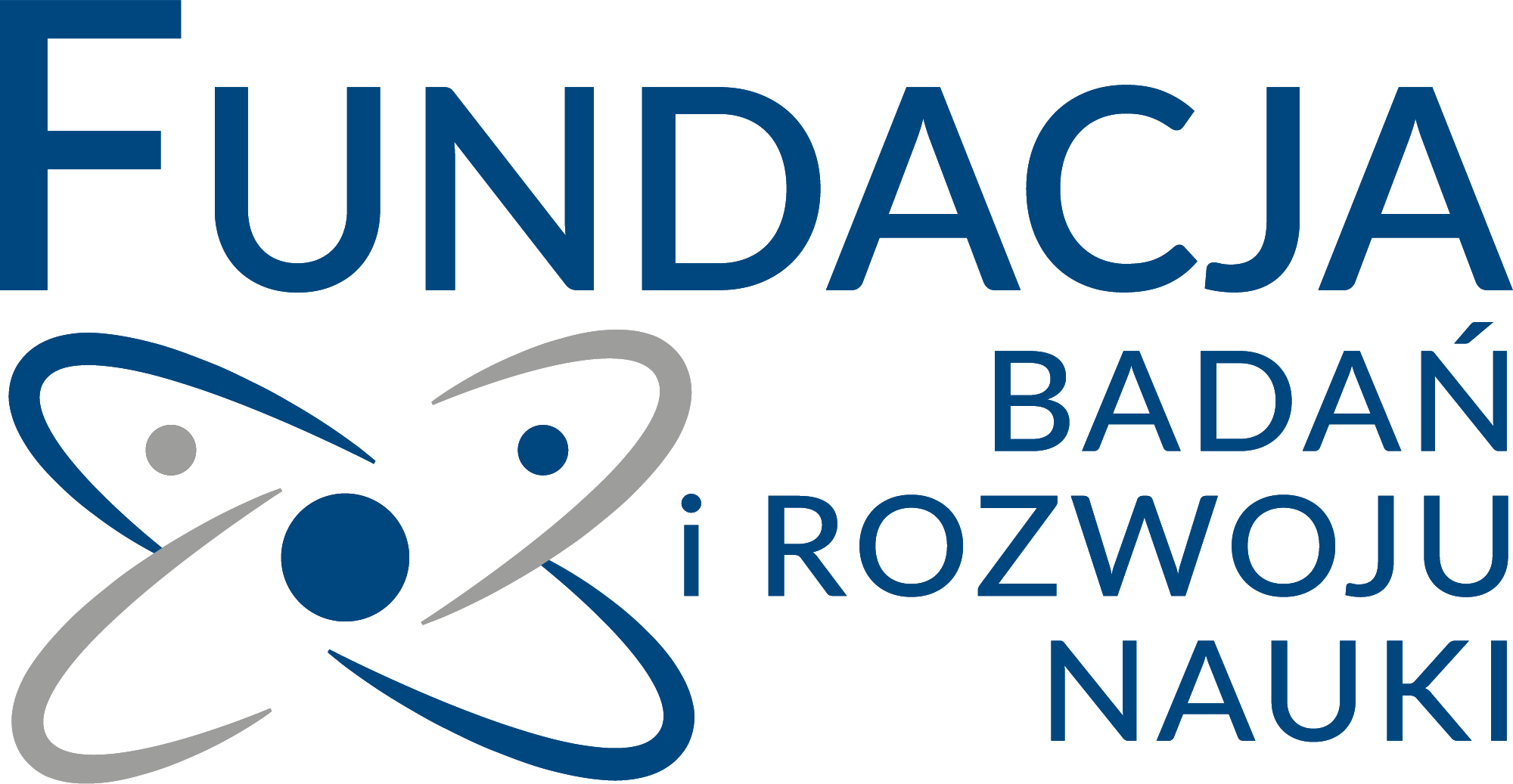Project funded by:
Project „3D – BIOPRINTING OF SCAFFOLDS USING PANCREATIC ISLETS OR INSULIN PRODUCING CELLS IN ORDER TO CREATE BIONIC PANCREAS.” funded by National Center for Research and Development in the framework of the programme „Prevention and treatment of the chronić diseases of civilization.” STRATEGMED. Timeframe: 01.01.2017 – 30.06.2021.

Project funded by:
Time frame:
Project coordinator:
Consortium:

Foundation on Research and Science Development – a leader of Bionoc consortium, has been working since 2017 on an innovative at a world scale project of 3D bionic pancreas – a functional organ built from living cells that will revolutionize diabetes treatment. Thanks to a living organ printed in 3D bioprint technology, soon it will be possible to transplant to a human being a living tailor-made organ.
On the 14th of March 2019 we proved that impossible is possible and bioprinting of tissues and organs is the future of contemporary medicine that will change lives of many patients. On that day a team of scientists supervised by Michał Wszoła MD, dr hab., printed the first in the world, fully vascularized prototype of bionic pancreas with dimensions of 3x3x5 cm. The next stage of research was to connect bionic pancreas to bioreactor (appliance originally invented by Foundation’s engineers) which provides to printed vascular system a liquid with oxygen and nourishing substances. Achieved results allowed Foundation’s scientist to move to the next stage of the project and commence trials with animals. Until the end of the year 2020 it is planned to terminate pre-clinical stage of research. The results confirmed that the material is non-toxic for animals.
Watch video
FUTURE STARTS TODAY
In order to introduce 3D printing of bionic pancreas to clinical practice all over the world and to extend scope of conducted research, new aim of the foundation is to establish the European Centre for Medical Biotechnology – an innovative research and clinical centre enabling not only transplantation of bionic pancreases but also preparation of other modern therapies. Multidisciplinary Centre will combine few areas such as: biotechnology, bioengineering, medical diagnostics, personalized medicine and treatment with the use of stem cells.
Why do we need a bionic pancreas?
The assumption of the project is to create a tailor-made pancreas. So far there have been two main ways to deal with diabetes.
The first, based on pharmacology, includes the regular administration of insulin called intensive insulinotherapy. This method does not guarantee prevention of the development of secondary complications, nor does it inhibit the progression of diabetes. Insulin therapy is only a temporary alternative.
The second and in fact the only path leading to complete cure is a pancreas or islets of Langerhans transplantation. This method of treating diabetes does not eliminate all problems. Statistics are also cruel in this case. In Poland, about 10.000 people should be qualified for this type of transplant, whereas only 40 operations are performed annually on average. The main limitation affecting these frightening data is the shortage of organs for transplantation.
It is commonly known that although every year the state of knowledge of Poles improves, and the number of transplants is growing, the demand for organs exceeds the amount that can be obtained from donors. In addition, after pancreas transplantation, the operation itself carries the risk of surgical complications, and the continuation of life after both islets of Langerhans and pancreas transplantation is associated with the continuous intake of immunosuppressive drugs. The pancreas created from its own transformed stem cells eliminates these two major problems.

Transplantation of bionic pancreas shall most of all prevent from the development of further complications in case of patients suffering from diabetes. Firstly, the programme will involve persons who would potentially qualify to pancreas transplantation. There are persons who experienced serious complications so such a transplantation would provide them real guarantee of inhibiting secondary complications of diabetes. Apart from priority aspect of saving people’s lives, an additional benefit from creation of bionic pancreas could be the limitation of expenditures of healthcare system. In Poland these costs amount to over 9 percent of the whole spendings for healthcare sector, that is 2.5 billion per annum. One fifth of these costs is devoted to treatment of diabetes’ complications. Implementation of project assumptions could to a great extent limit both financial resources needed to treatment of patients suffering from complications and costs of immunosuppression therapy. With time, the group of target patients will obviously expand improving at the same time their quality of life.
MULTIDISCIPLINARY TEAM OF LEADING EXPERTS
Scientific activity of Michał Wszoła MD, dr hab. has been an inspiration for establishment of the Foundation. He is a renown transplant surgeon, scientist and visionary who participated in the first transplantation of pancreas and conducted for the first time in the world, an endoscopic transplantation of pancreatic islets under the stomach’s mucosa. Foundation’s team is created by young scientists, graduates of renown Polish universities, specialists in the fields of medical, biological and chemical sciences, as well as engineers and IT specialists for whom work in the laboratory is not only a job but most of all their passion.
MULTIDISCIPLINARY CONSORTIUM BIONIC
Implementing such an innovative and unique in the world scale research project would not be possible without engagement of the key medical and technical scientific entities in Poland.
In October 2015, at the initiative of the Foundation on Research and Science Development, BIONIC Consortium has been established. It conducts the project called „3D Bioprinting of scaffolding with the use of living pancreatic islets or cells producing insulin in order to create bionic pancreas”. The consortium consists of:
- Foundation of Research and Science Development together with a team of Michal Wszoła MD, dr hab as a consortium leader.
- Nencki Institute of Experimental Biology of Polish Academy of Sciences together with a team of prof. Agnieszka Dobrzyn
- The faculty of Material Science of the Warsaw University of Technology under the supervision of prof. Wojciech Świeszkowski
- Center for Biostructure Research of Warsaw Medical University under the supervision of prof. Artur Kaminski
- Clinical University Centre of Warsaw Medical University (Jesus Child Clinical Hospital)
- Medical Centre MediSpace Sp. z o.o.



